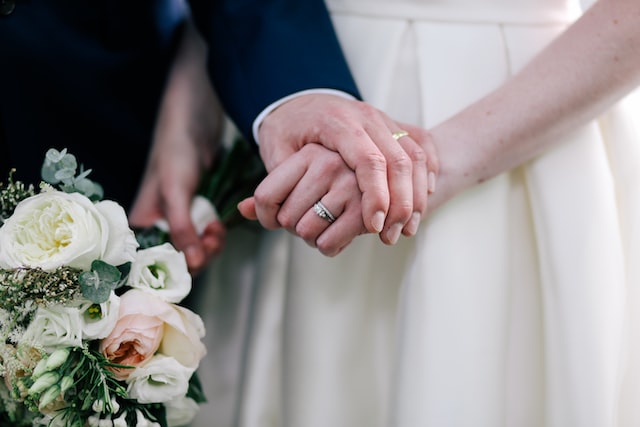Divorce in Thailand is a complex process that can be long and expensive. The process can be made more manageable by using a lawyer who is familiar with the local family law in Thailand.
The first step in divorce in Thailand is to get a written legal order from the Court. The legal order is a document that sets out the terms of the divorce such as child custody and division of property. The Court will also award alimony and/or child support where appropriate.
Getting a Divorce in Thailand can be very stressful and expensive, especially if there are children involved. This is why it is important to speak to our Thai family lawyers at MAGNA CARTA Law Firm before you decide to sign any agreements regarding divorce in Thailand.
There are two types of divorce in Thailand: contested and uncontested. The contested type of divorce requires the couple to appear in Court where a judge will decide on all aspects of the case.
If the couple are in agreement then they may be able to file for an uncontested divorce. This is a much quicker and cheaper way to obtain a divorce.
The other option is to file a contested divorce which involves more expense and can be complicated as there are often many grounds for filing for a divorce. This is the preferred method of filing for a divorce in Thailand as it provides more control over the terms of the divorce.
A Contested divorce is an action that requires the filing of a legal claim in the Family and Juvenile Courts. This can be done in a number of ways, including by either spouse requesting the case to be heard in Court or by both spouses agreeing to the divorce and obtaining the Court’s permission to proceed with the legal claim.
Grounds for a Contested Divorce in Thailand include: i) 3 years separation or longer ii) One spouse has deserted willfully the other spouse for more than one year iii) Adultery iv) One of the parties is committing serious insult to the other’s character or that of their family by any act, conduct or statement which degrades or destroys the other person’s reputation, dignity or standing in the community.
iv) One party has been convicted of a criminal offence that is incompatible with the maintenance or other rights of the other party, and he or she has not been pardoned by the Thai authorities as required under Thai law (Sin Suan Tua). This ground can be used when the person who has committed the offence resides abroad.
It can also be used when one of the spouses has died or was injured in a way that prevents him or her from maintaining the maintenance obligation.
In such cases, the deceased spouse can be made a debtor and a judgment creditor in order to make up for any financial shortfall that may result from the divorce.
In addition, some countries are very strict in recognizing Thai divorces. It is therefore very important to consult with a lawyer about the implications of getting a divorce in Thailand and the consequences for international clients.



